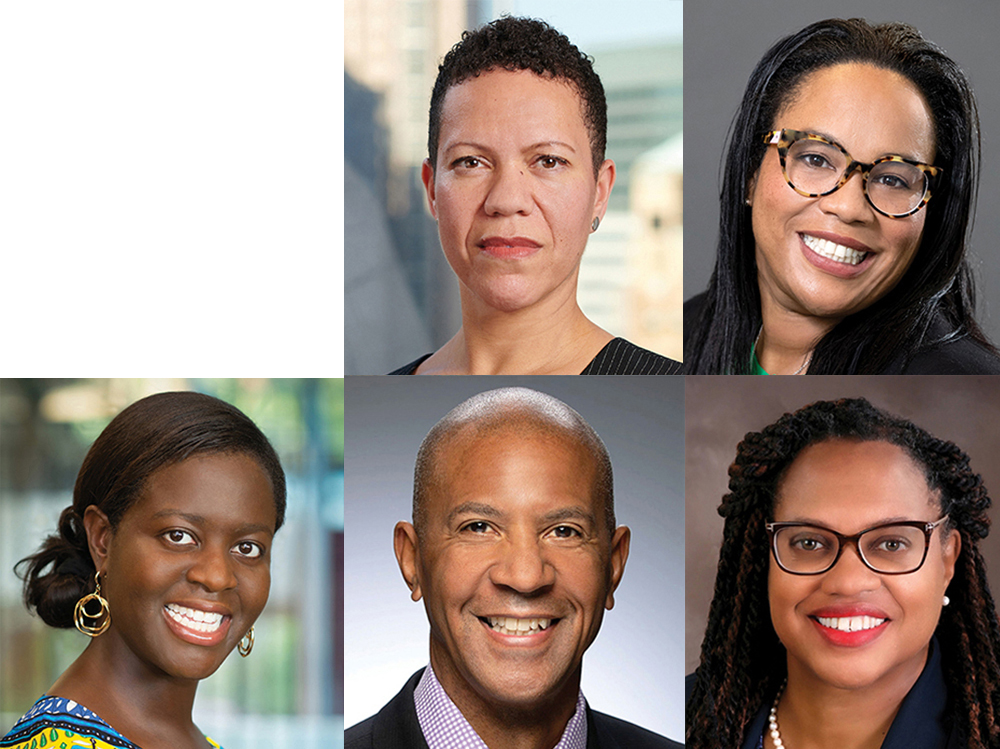
Five grants management leaders offer on-the-ground testimony to the challenges of Black professionals in the sector – from the complexities of practicing DEI to the ways race has affected perceptions of their leadership, to the realities of code-switching your way through the white-dominant workplace.
PEAK Grantmaking
Diversity, Equity, and Inclusion Issue
April 2, 2020
We offer our gratitude for the generosity and candor of Nicole Howe Buggs, Chief Administrative Officer and Corporate Secretary at the Carnegie Corporation of New York; Ify Mora, Director, Program Operations at Margaret A. Cargill Philanthropies, and PEAK Grantmaking board member; Miyesha Perry, Director of Grants Management at the Kenneth Rainin Foundation; and Timothy Robinson, AVP – Operations and Grants Administration at the Lumina Foundation, and PEAK Grantmaking board member; and Susan Hairston, Susan Hairston Consulting.
Organizations tend to take for granted those in positions of formal authority (usually white people, often men, but particularly white women, in the context of grants management) as the standard referent to formal authority and voice. What is a core lesson in leadership you have learned about your voice: How is it valued and heard, and how race has affected perceptions of your leadership?
Ify Mora: Early in my career, I felt I needed to work extra hard to prove I am informed and credible, and that my ideas were worth listening to. I struggled with how to be assertive enough to be heard without coming across as ‘pushy and abrasive,’ as someone once said to me. Feedback like that motivated me to focus on developing better ways to communicate and advocate for my ideas so as not to be experienced so negatively.
But, what I’ve learned over time and in talking with women of color with similar experiences, is that it isn’t just about me improving my communication skills. My race, gender, and age, taken together, also influence the way my voice is heard, despite my actual work contributions and job title. I’ve learned to be particularly thoughtful about how I show up as a leader and have more sensitivity to how to express my opinions differently based on the environment I’m in, so that it can be heard most effectively.
There are limits to how much we can change other’s perceptions and biases. In the realm of what we can control and change, however, I’ve tried really hard to model a different approach, one that signals to those I work with that I do care about their voices and want to hear different perspectives. I also try to speak up when I feel like others’ voices may not have been heard.
Nicole Howe Buggs: My voice must incorporate and represent those who have not always been represented at the leadership table. That has manifested what I have always been taught: I have to be thoughtful about how I carry myself as a person of color, as I represent more than just myself.
Read the full story at PEAK Grantmaking.

